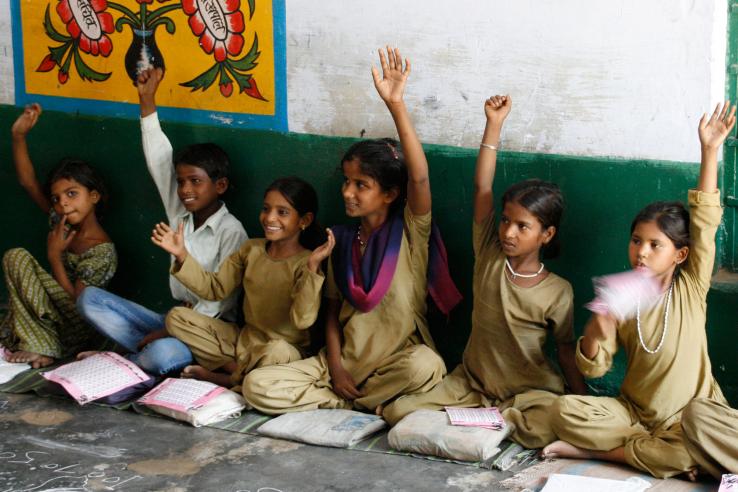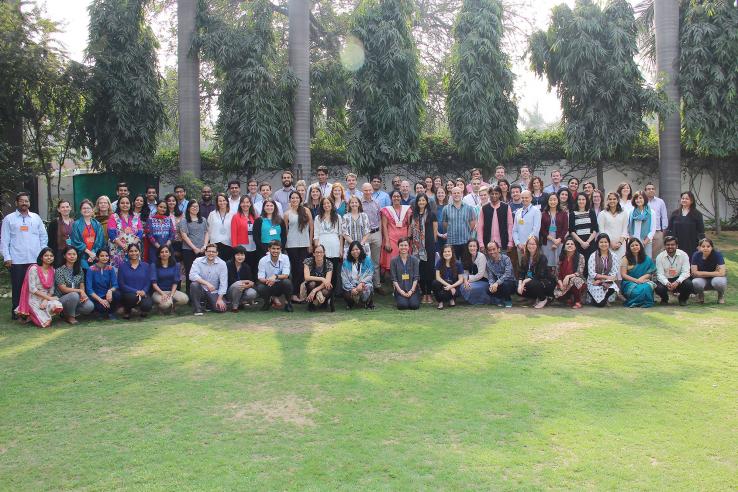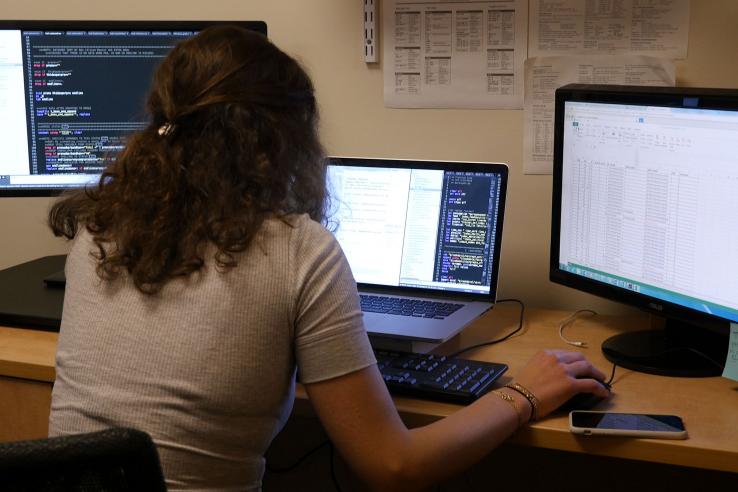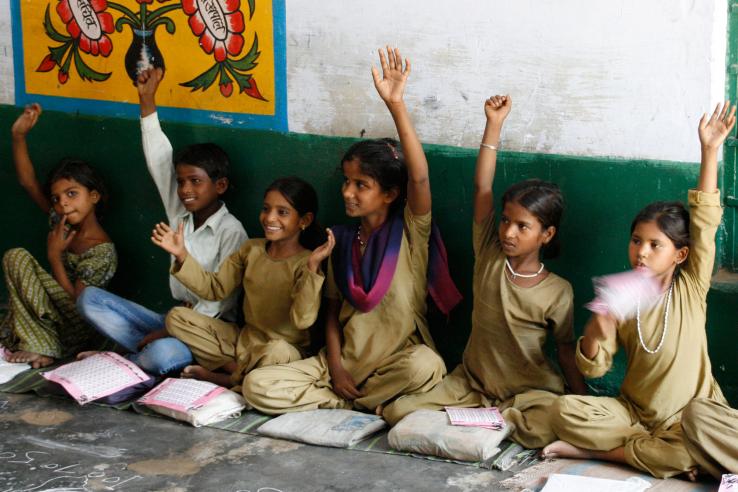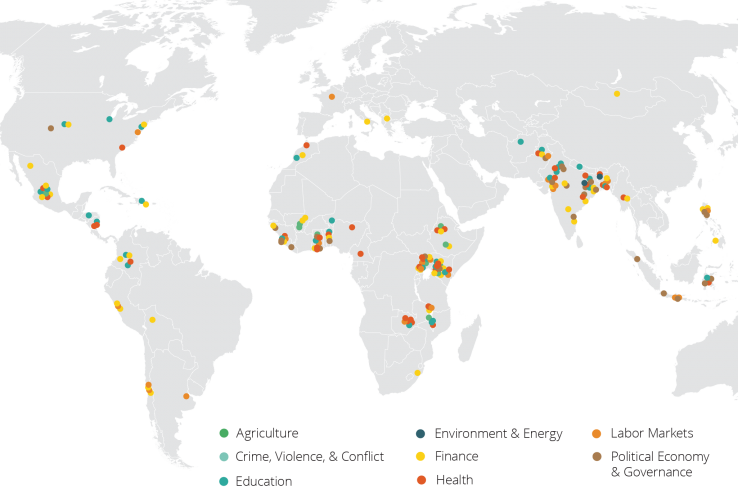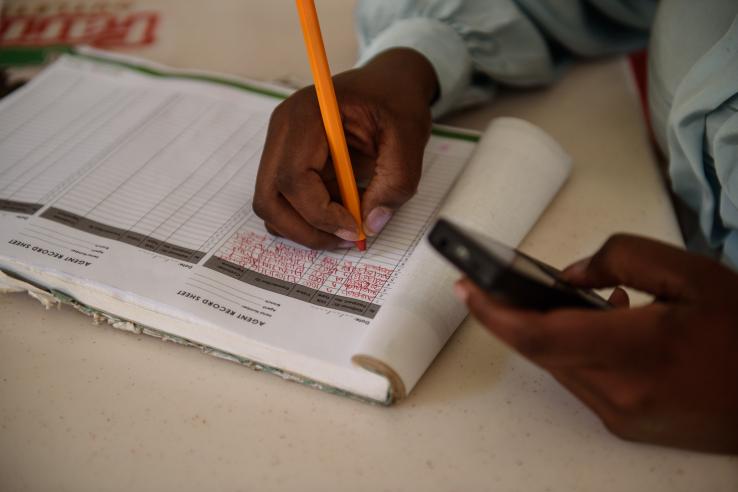Displaying 1771 - 1785 of 8491
Update
J-PAL Updates
Selected governments will partner with MIT's J-PAL North America to test which programs work, which work best, and why.
Update
J-PAL Updates
J-PAL and MIT announce new MicroMasters and blended Master's programs in Data, Economics, and Development Policy, J-PAL is hiring for 140 positions, and more.
Update
J-PAL Updates
In 2017, a continued focus on moving from evidence to action, J-PAL South Asia launches a new initiative on child health, and more.
Update
J-PAL Updates
Update
J-PAL Updates
J-PAL Director Esther Duflo underlines the importance of implementation details, 7,000 learners begin working toward the new online MicroMaster's degree, and more.
Update
J-PAL Updates
J-PAL celebrates International Women's Day by showcasing the evidence on women's empowerment and poverty reduction, including evaluations on family planning in Burkina Faso, female labor force participation in India, and girls' education in Benin.
Person
In July 2012, Emmanuel Bakirdjian joined the J-PAL Africa office as a Research Manager.
Page
Landing page
Person
Fabián Gil is a Research Associate at J-PAL LAC. He holds a bachelor's degree in Psychology from the Universidad Diego Portales.
Page
Landing page
Person
Alonso joined J-PAL in March 2012 and is finishing his M.A. in Economic Theory at ITAM. He is currently working on a randomized control trial focusing on technology adoption in rural areas in Mexico.
Blog
Christopher Knittel is the George P. Shultz Professor and a professor of applied economics at the MIT Sloan School of Management. In this J-PAL affiliate spotlight, Chris sheds light on the research questions he’s pursuing to inform policies on greenhouse gas emissions and carbon co-pollution...
Person
Meghan Mahoney is a Policy Manager at J-PAL Global, where she manages J-PAL’s Labor Markets Sector, which includes the Youth Initiative.
Blog
Employee effectiveness is a key driver of productivity and economic development in the public sector. But how does one motivate public sector employees to perform and deliver services? Understanding what drives these employees to work hard, and how different (dis)incentives can energize (or reduce)...
Update
J-PAL Updates
In the November 2020 Newsletter, J-PAL's directors shared their vision on leveraging economics and partnerships for greater public and social good.

